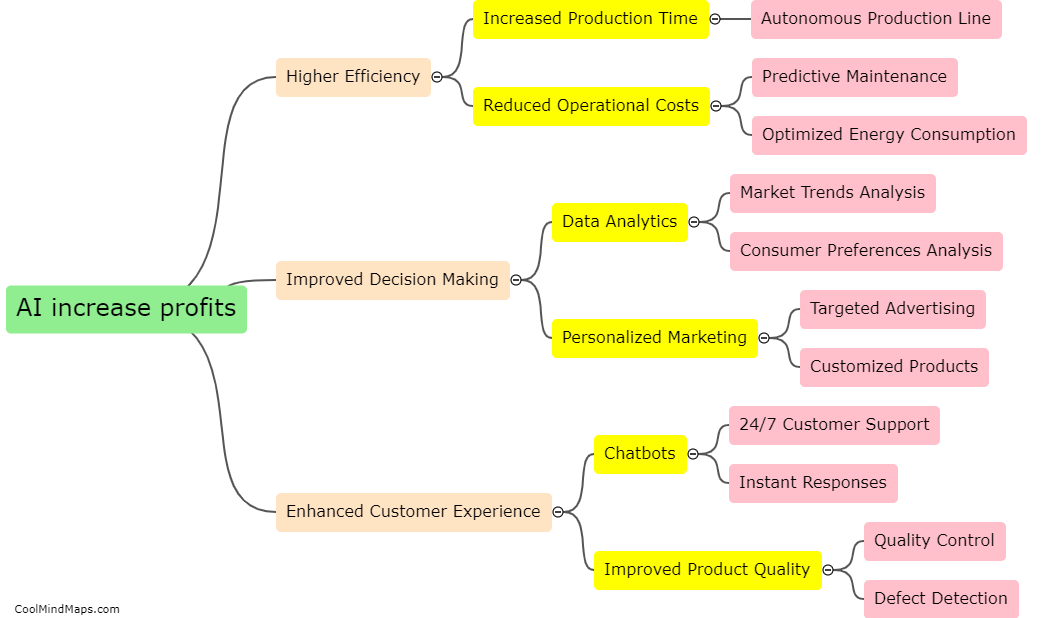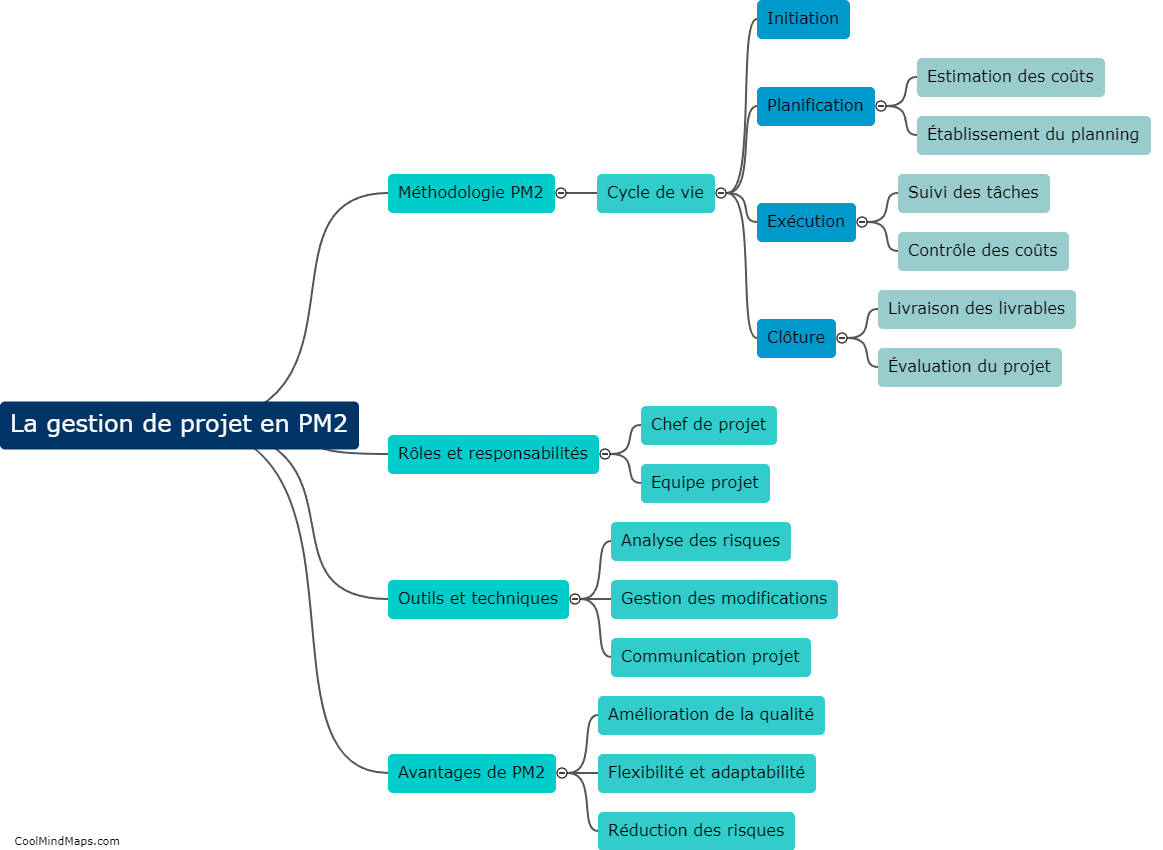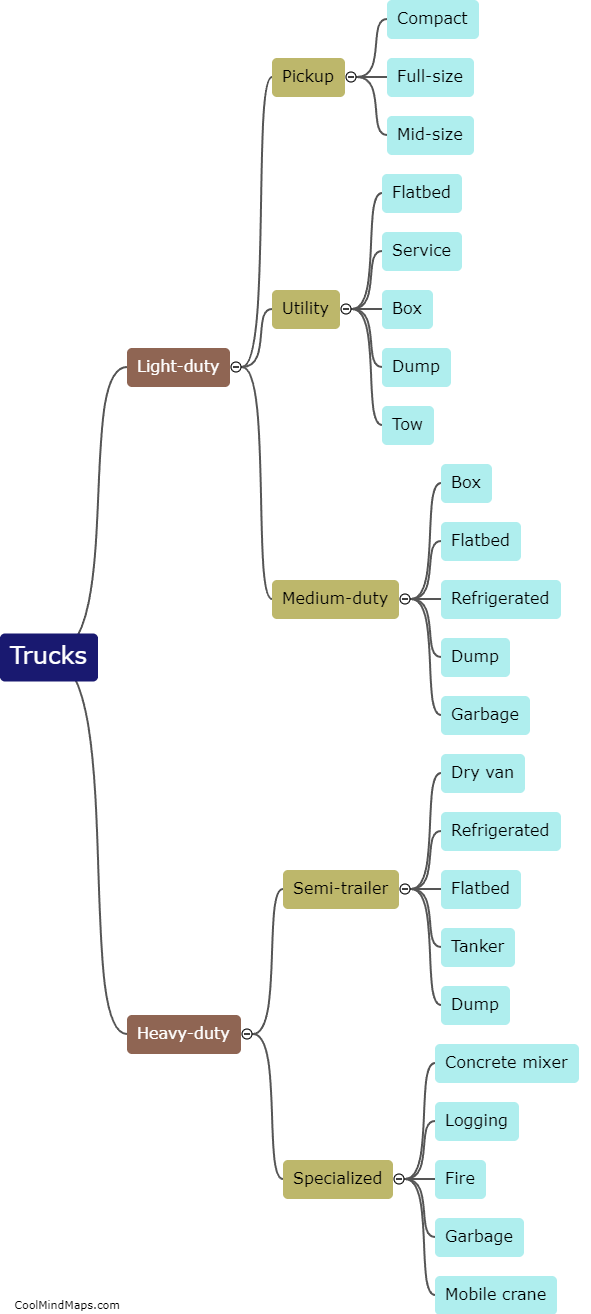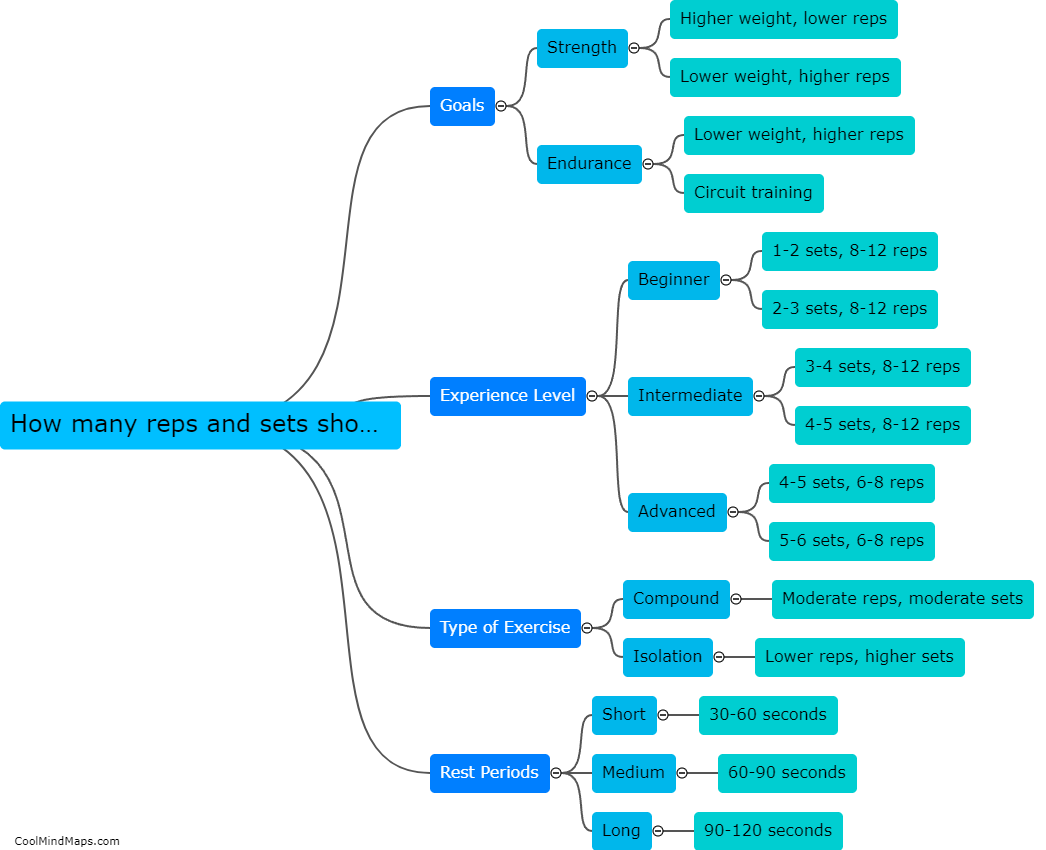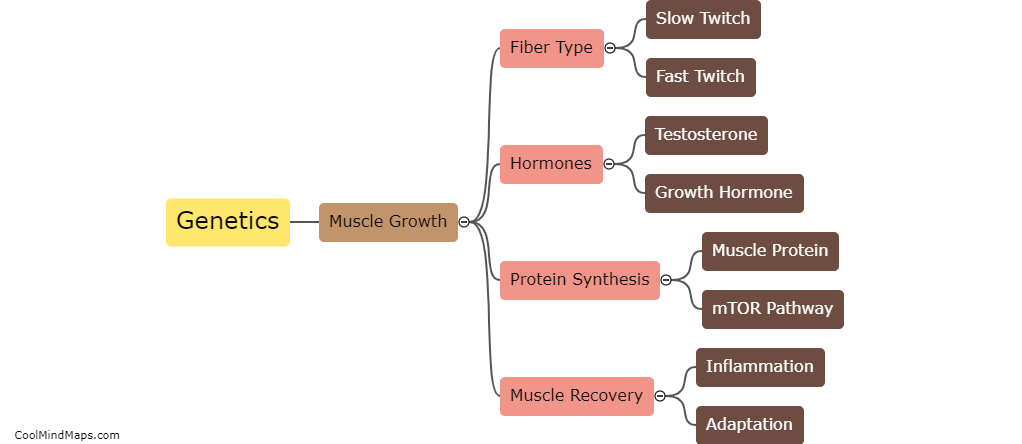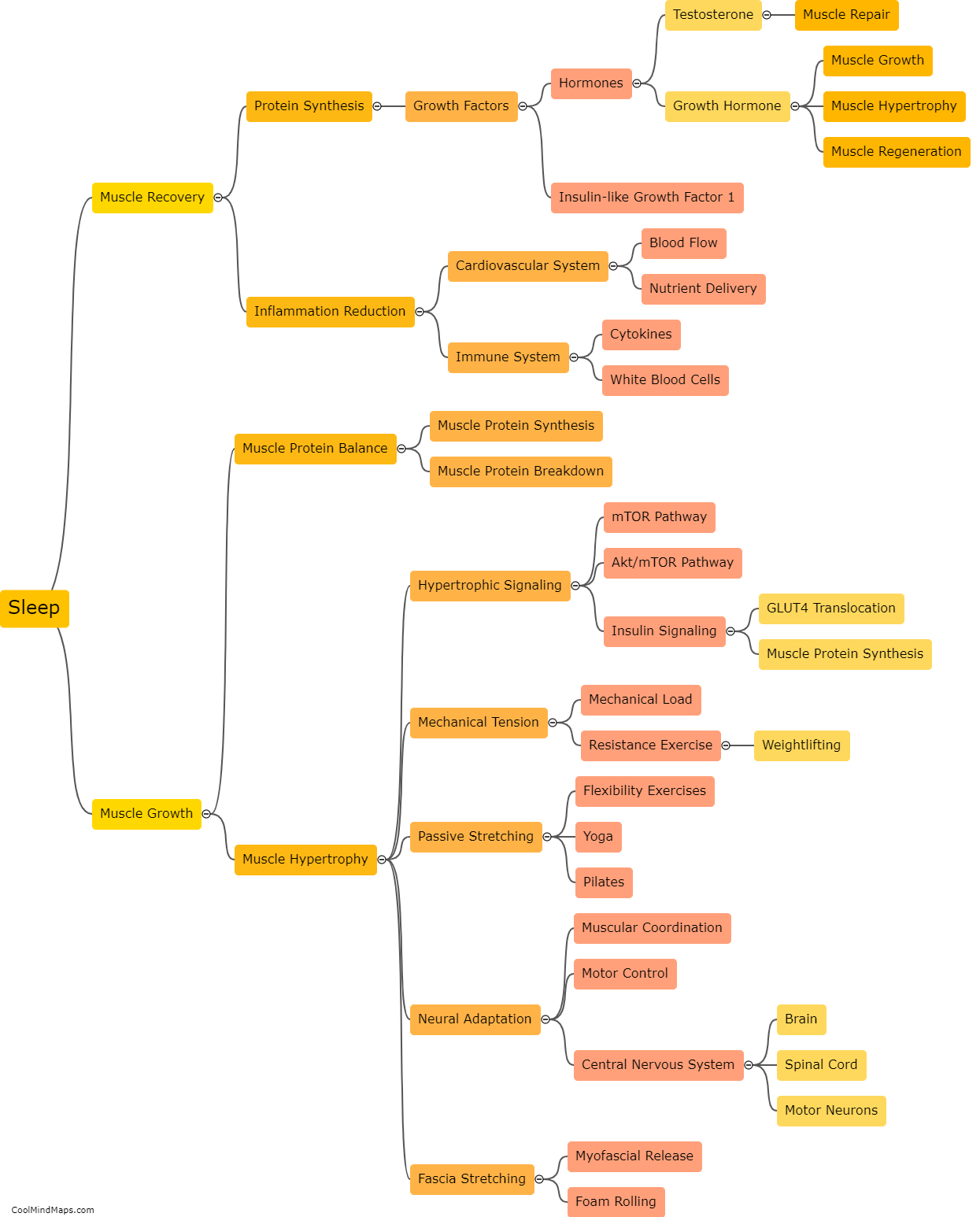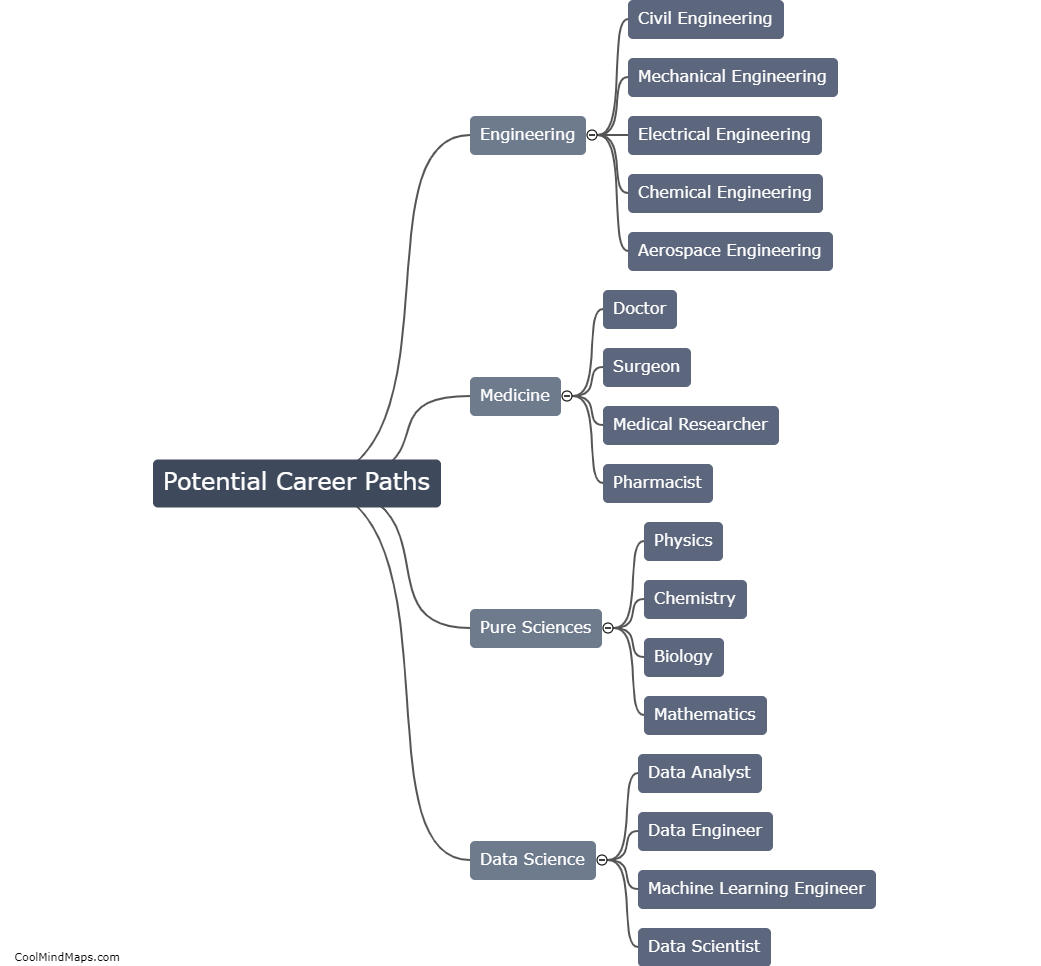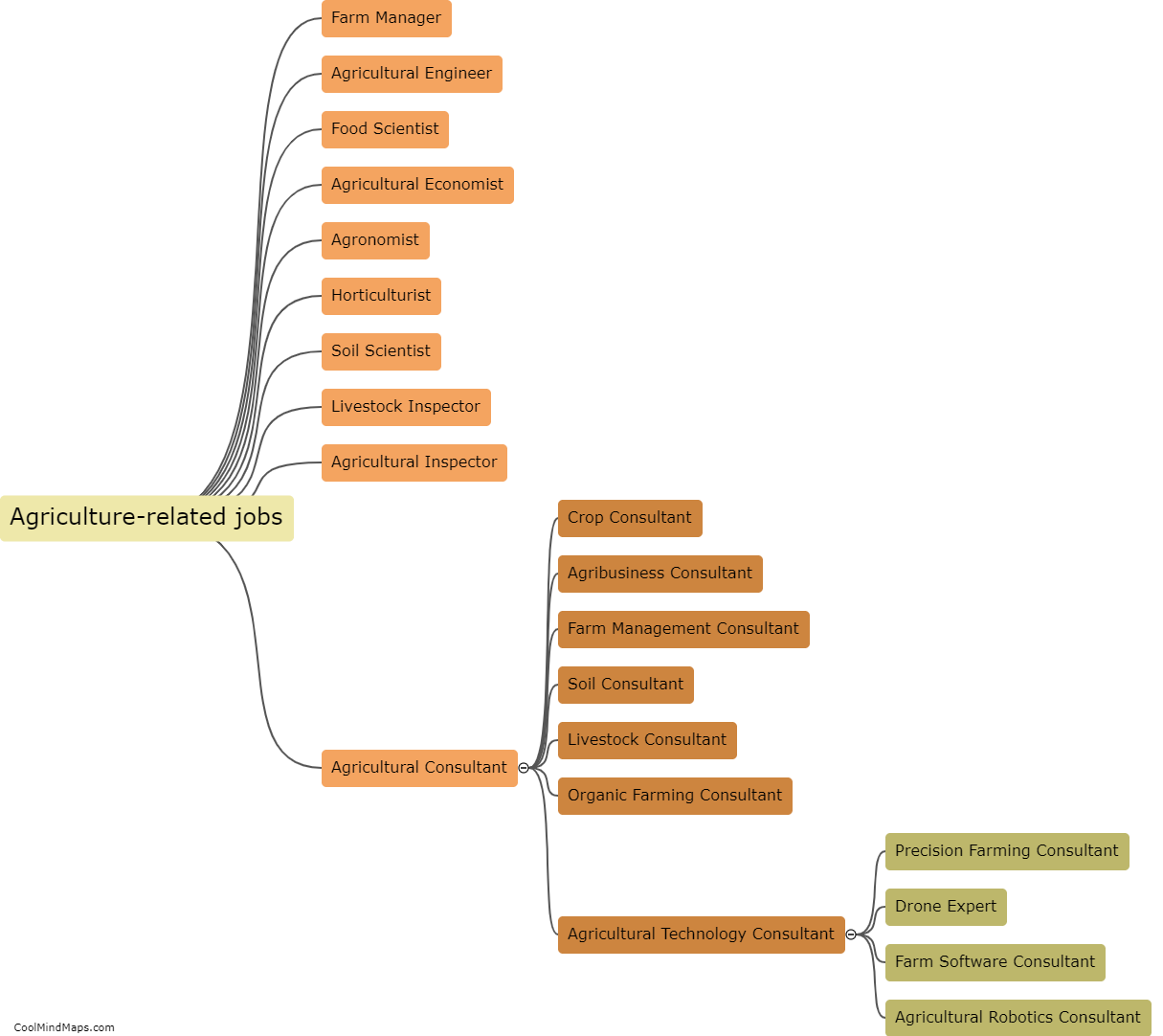How does cortisol affect muscle growth?
Cortisol, commonly known as the stress hormone, can have both positive and negative effects on muscle growth. In small and controlled amounts, cortisol plays a crucial role in regulating metabolism and energy, helping to mobilize stored nutrients for muscle repair and growth. It also acts as an anti-inflammatory, aiding in recovery from exercise-induced muscle damage. However, elevated and prolonged levels of cortisol, typically associated with chronic stress, can hinder muscle growth. Excess cortisol can lead to protein breakdown, inhibiting the synthesis of new proteins that are necessary for muscle repair and growth. Additionally, high levels of cortisol can disrupt the balance of other hormones involved in muscle building, such as testosterone and growth hormone. Therefore, it is important to manage stress levels to prevent excessive cortisol release and support optimal muscle growth.

This mind map was published on 27 July 2023 and has been viewed 134 times.
